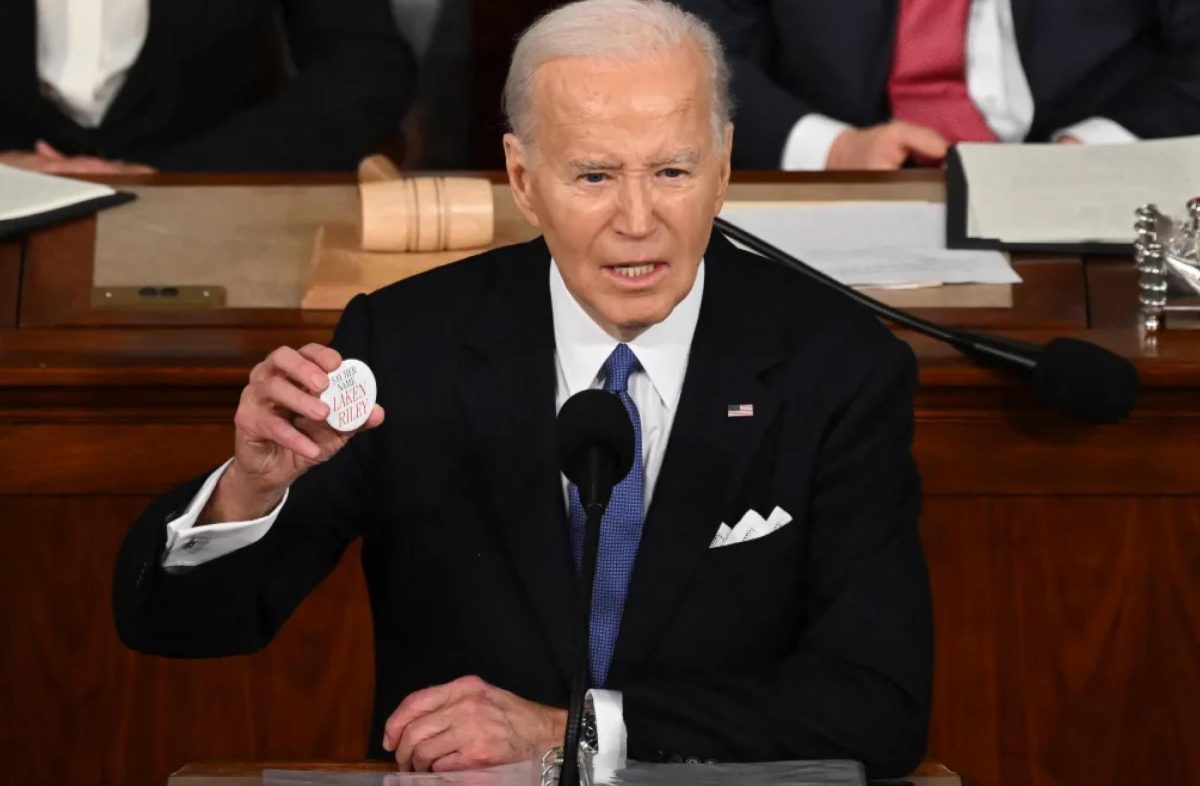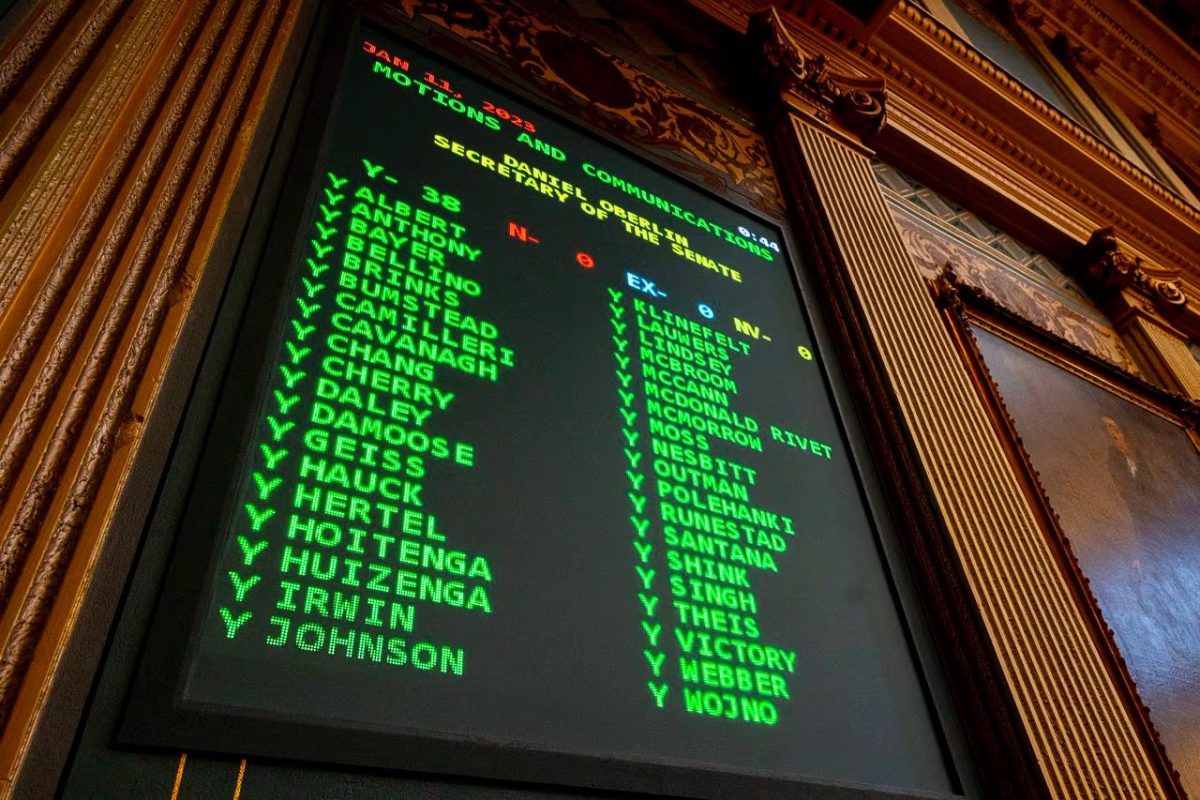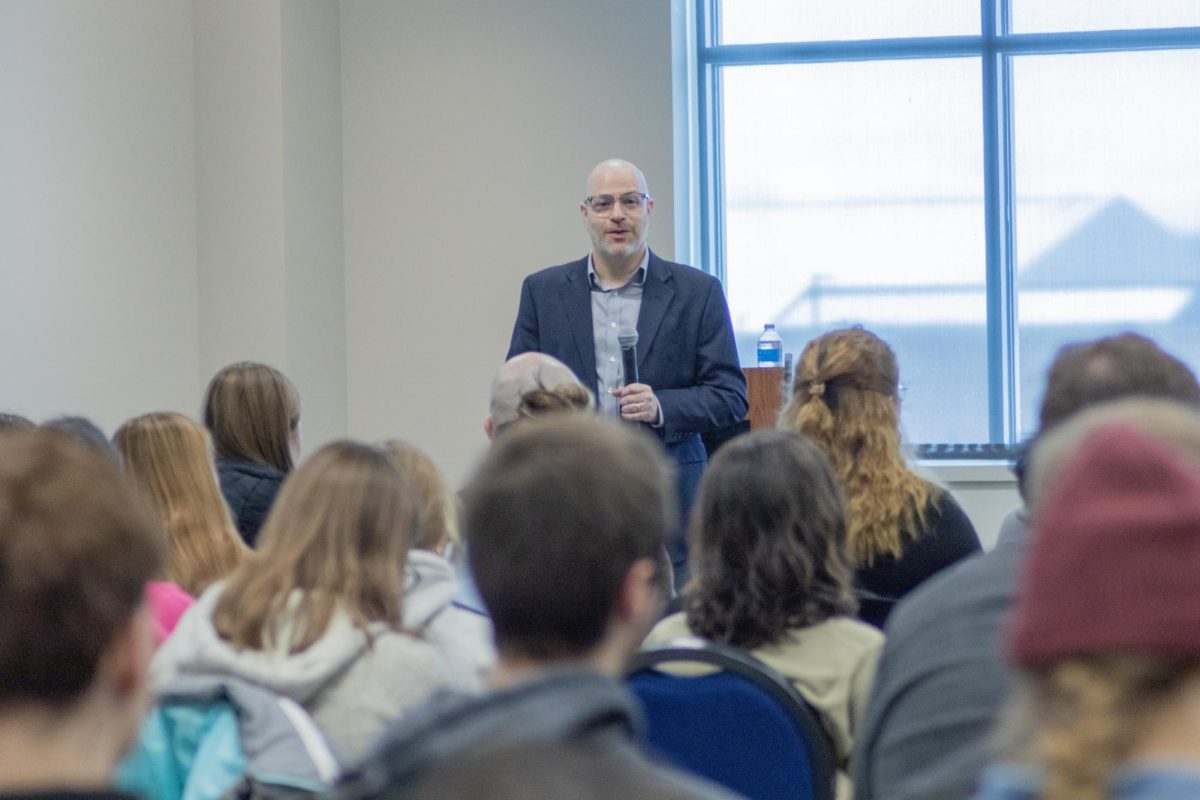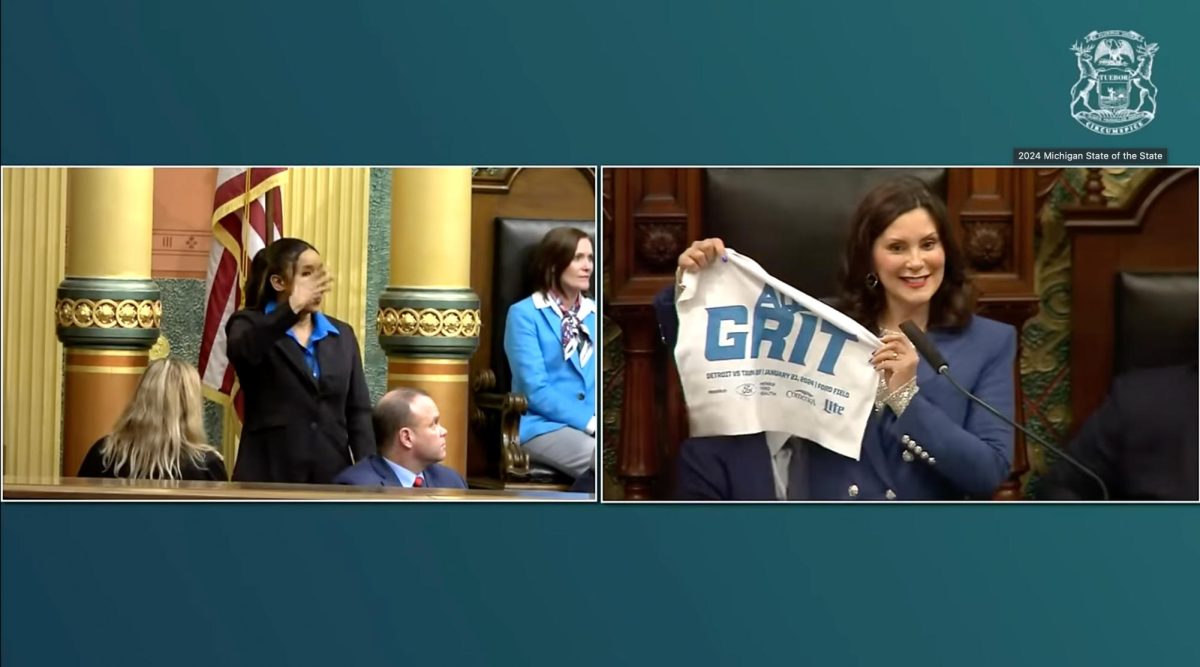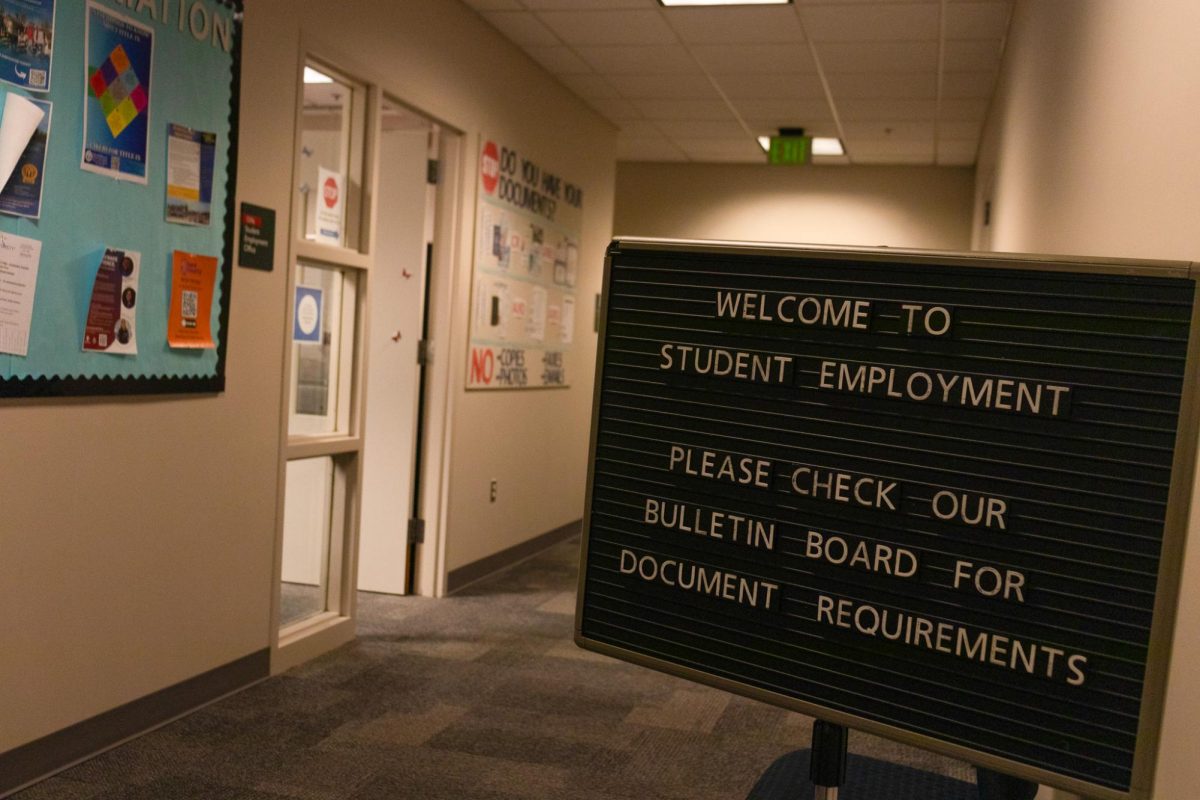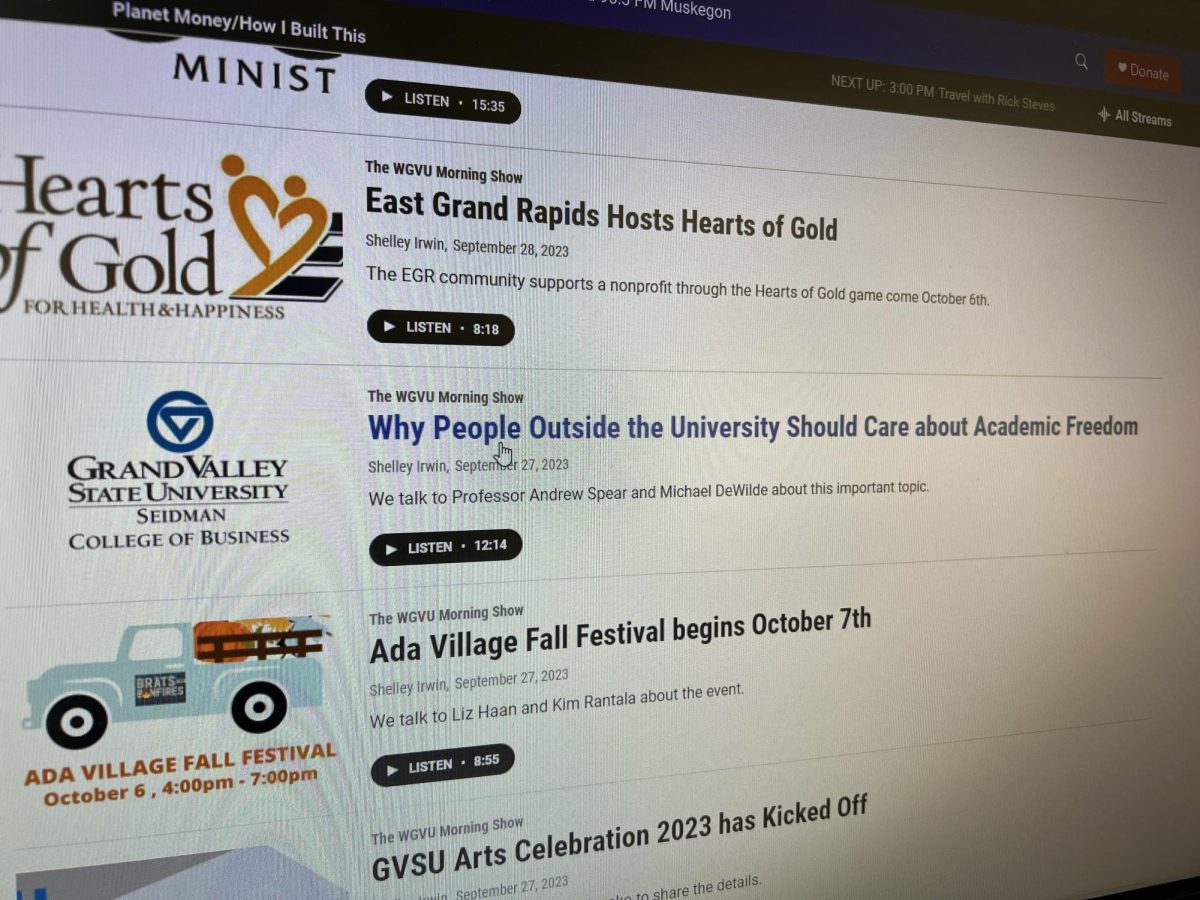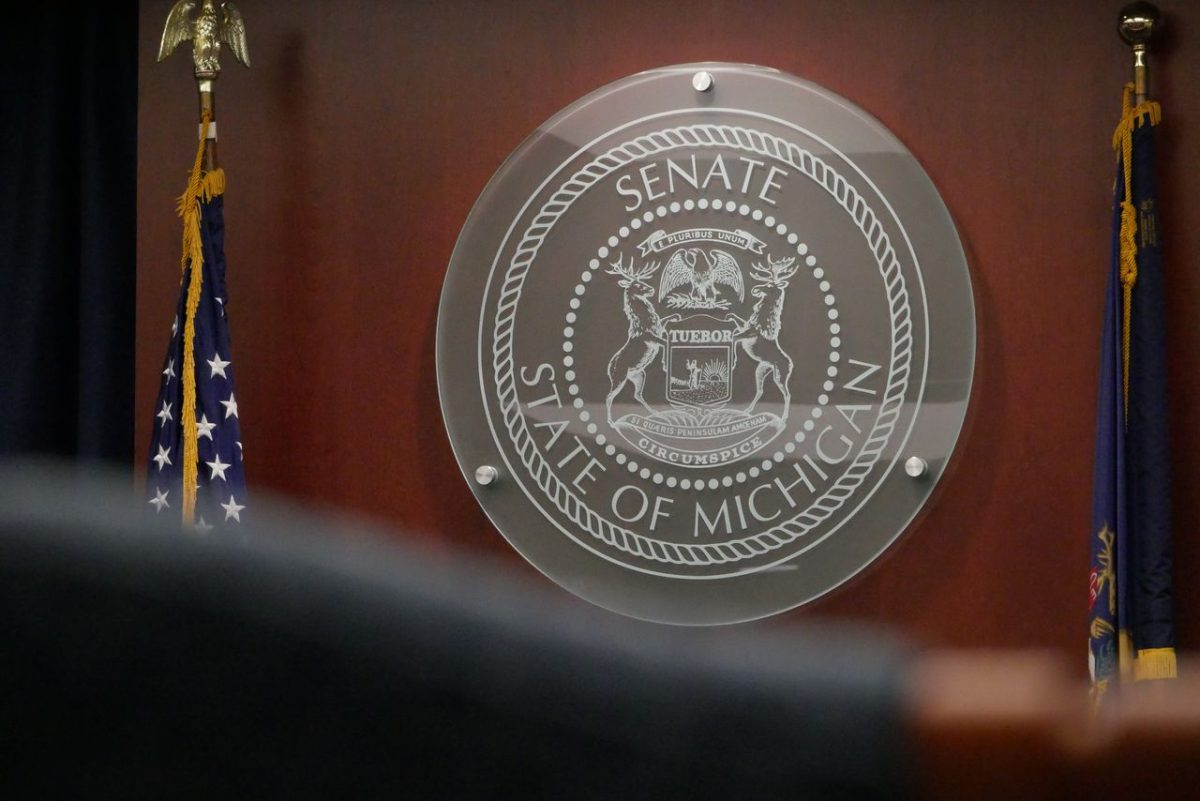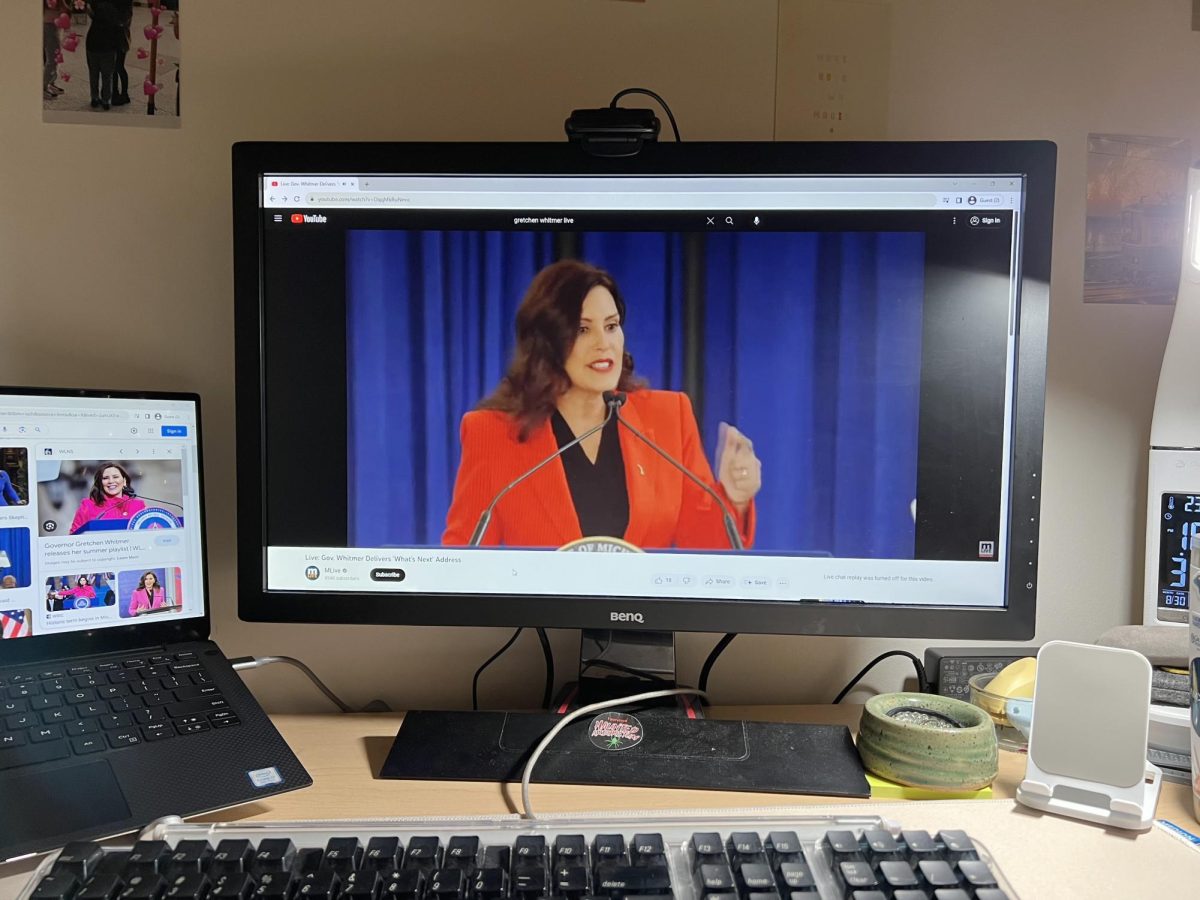On June 13, Illinois became the first state in the U.S. initiate a law to prevent book censorship. According to the Illinois General Assembly the law “protects the freedoms of libraries to acquire materials without external limitation.”
This landmark legislation has picked up steam in Michigan, stirring the possibilities of similar legislation coming into effect in other blue states.
Ella Vance, a current pre-law major at Grand Valley State University said the Illinois law has created expectations for other states to pay attention to.
“Because the ban is officially a law, it sets a precedent for other states, specifically for Michigan,” Vance said.
Under the new law (House Bill 2789) all public libraries in Illinois must adopt policies stating they will not ban or restrict books based on any kind of disapproval.
In Michigan, most public libraries follow the guidelines set by the American Library Association (ALA). The ALA already holds policies protecting discrimination of content and ensures that “materials should not be excluded because of the origin, background, or views of those contributing to their creation.” However, without solid legal implications many public libraries and schools have made allowances for censorship that could be deemed both against the library guidelines and potentially unconstitutional.
Recent ALA data revealed 1,269 demands were made to censor library books in 2022, many of them books authored or centered around LGBTQ community and people of color.
Arts and Humanities Liaison at GVSU Amber Dirkling said she supports Illinois’ legislation in addition to the policies of ALA.
“(It) makes it easier to defend against book bans and challenges that are akin to targeted harassment campaigns,” Dirkling said.
There are mixed responses as to what will happen in the Grand Rapids area should a similar ban take place. Bob Wood, a former teacher in West Michigan and current Ukrainian Catholic University professor believes legislation against book bans in Michigan would return power to facilitators of education.
“It would go to court, you would have different school districts or communities (that) would sue, however if it held up it would leave (literary selection) in the hands of educators, where it belongs,” Wood said.
Cara Cadena, a staff member at the GVSU library, believes legislation on book censorship in Michigan would not change much at GVSU specifically.
“Academic libraries have not been scrutinized to the same degree as our public and school libraries have,” Cadena said. “Academic freedom is something GVSU and our peer institutions take very seriously.”
Wood said he feels like the current political landscape has invaded educational faculties and has drawn focus away from the work of educational institutions.
“Groups from the left and groups from the right are using libraries as a place to fight their battles,” Wood said. “Meanwhile, you want [kids] to read, and you want them to reach past what they know. It’s almost like the parents are screaming and the kids are just walking around, getting what they want and what they need.”
Even though the internet allows widespread access to content that skirts the edge of banned books and library censorship, Dirkling says open access to literature in libraries is a fundamental part of society.
“They’re a core part of our civic society, our Democracy,” Dirkling said. “We all deserve libraries that protect our rights to access information, to learn about ourselves and those who are different from us.”
























